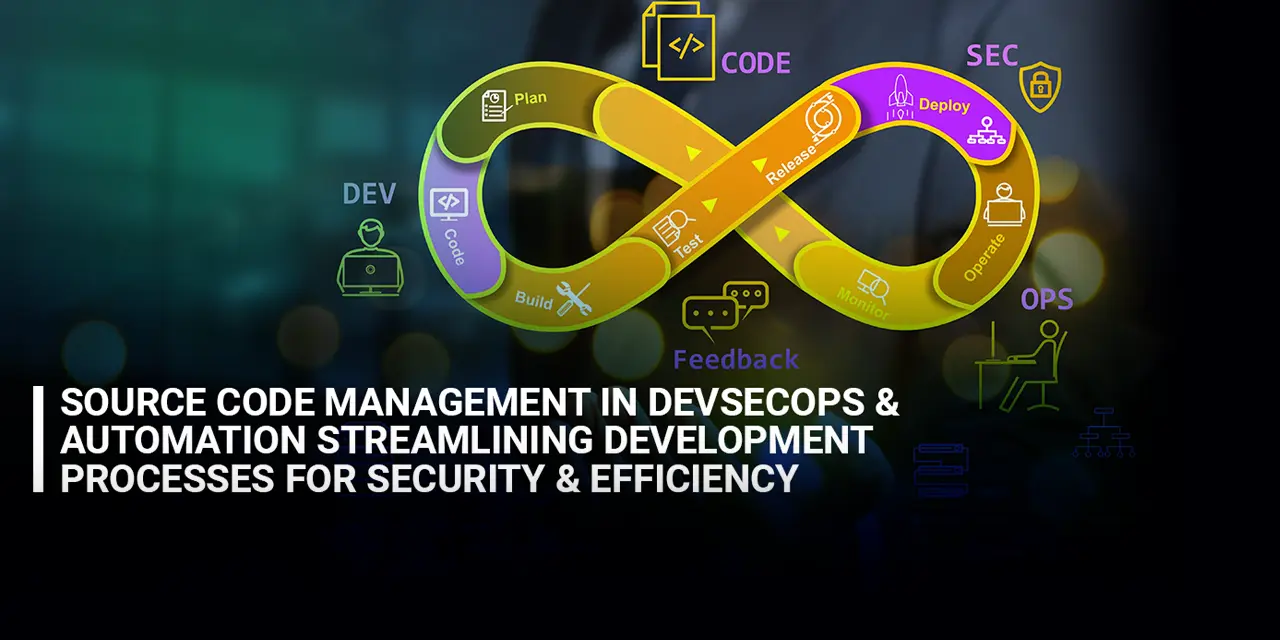Research
Share Knowledge
Brainstorm Ideas
Understanding Source Code Management
Source code management, also known as version control or revision control, is the practice of tracking and managing changes to source code files. SCM systems, such as Git, Subversion, and Mercurial, provide developers with tools for versioning code, collaborating with team members, and managing code repositories.
The Importance of Source Code Management in DevSecOps
In DevSecOps, where agility and security are equally important, source code management plays a crucial role in ensuring that code is developed, tested, and deployed securely and efficiently. Here's how SCM contributes to the DevSecOps workflow:
1. Version Control:
SCM systems allow developers to track changes to code over time, enabling them to revert to previous versions if needed and ensuring that changes are traceable and auditable—a crucial requirement for security and compliance.
2. Collaboration:
SCM facilitates collaboration among team members by providing a centralized repository where developers can share, review, and contribute code. This fosters transparency and teamwork, leading to faster development cycles and higher-quality code.
3. Security and Compliance:
By enforcing access controls, permissions, and code review processes, SCM helps ensure that only authorized users can make changes to code, reducing the risk of unauthorized access or malicious activity. Additionally, SCM enables teams to maintain an audit trail of code changes, which is essential for compliance with regulatory requirements.
4. Continuous Integration/Continuous Deployment (CI/CD):
SCM integrates seamlessly with CI/CD pipelines, enabling automated testing, deployment, and monitoring of code changes. This automation streamlines the software delivery process, reduces manual errors, and accelerates time to market—all while maintaining security and compliance standards.
Automation in Source Code Management
Automation plays a crucial role in enhancing the effectiveness of source code management in DevSecOps. By automating repetitive tasks, such as code reviews, testing, and deployment, teams can improve efficiency, reduce errors, and focus on delivering value. Here are some key areas where automation can be applied in SCM:
1. Automated Testing:
Integrate automated testing tools, such as static code analysis and vulnerability scanning, into the SCM pipeline to identify security vulnerabilities and code quality issues early in the development process.
2. Continuous Integration:
Automate the process of integrating code changes into the main codebase and running automated tests to ensure that new code does not introduce regressions or conflicts with existing code.
3. Continuous Deployment:
Automate the deployment of code changes to production environments after they have been tested and approved, enabling faster and more reliable releases while ensuring security and compliance.
4. Infrastructure as Code (IaC):
Use SCM to manage infrastructure configurations and provisioning scripts as code, allowing teams to version, review, and track changes to infrastructure configurations in a controlled and auditable manner.
Conclusion:
Source code management is a foundational practice in DevSecOps, enabling teams to manage, collaborate on, and secure code throughout the software development lifecycle. By leveraging automation in SCM, teams can streamline development processes, improve efficiency, and enhance security and compliance—all while delivering value to customers faster. As organizations continue to embrace DevSecOps principles and practices, effective source code management will remain essential for building and maintaining secure, reliable, and scalable software applications.
How Can We Help?
ITPN has leading-edge capabilities, top-class experts, and pioneering experience in this area. Please contact us if you have any questions or need assistance regarding our services.

